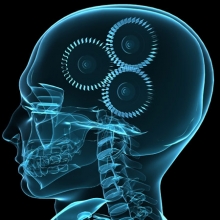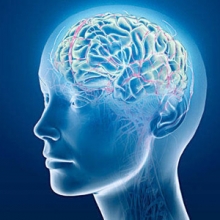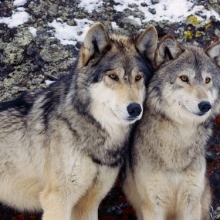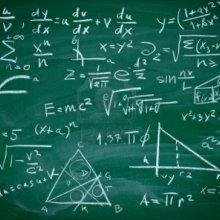 Blog
Blog
Tag archives Psychology

- December 7, 2015
Empathy is a Choice
Why does a single crying child or an injured puppy arouse more empathy than a large number of suffering people, e.g. in epidemics, wars or natural disasters? Isn’t it odd that empathetic feelings diminish when they are needed the most? Is empathy a limited resource that we cannot extend indefinitely and is therefore a source for […]

- November 27, 2015
Thresholds of Violence
An interesting way to look at how school shootings catch on. Malcolm Gladwell, in his signature lead-with-facts-and-then-surprise-with-counter-intuitive-theory style tells the story of how people have different thresholds for carrying out certain actions. Social processes are driven by our thresholds, i.e. the number of people who need to be doing some activity before others agree to join them. […]

- July 12, 2014
Slacktivism?
Online causes might attract more clicks than commitments. The article includes several studies that discovered ways to drive token support into real actions. His group ran its first study shortly before a date when Canadians annually show support for veterans by wearing poppy flower pins. Participants consisted of 92 people who walked across a concourse […]

- March 10, 2014
The Science of Why We Don’t Believe in Science
Here’s for all the climate change, vaccine and evolution deniers out there: The Science of Why We Don’t Believe Science Facts are not up for interpretation, but our prior beliefs can skew how we respond to them. when we think we’re reasoning, we may instead be rationalizing. Or to use an analogy offered by University […]

- March 7, 2014
Desire
Interesting TED talk about The Secret of Desire in a Long-Term Relationship Marriage was an economic institution in which you were given a partnership for life in terms of children and social status and succession and companionship. But now we want our partner to still give us all these things, but in addition I want […]

- March 4, 2014
How to Get People to Do Stuff
Basically understanding the psychology of what motivated people to take action. Some interesting bits: If you use nouns when making a request, rather than verbs – for example: “Be a donor” versus “Donate now” – it results in more people taking action. That’s because nouns invoke group identity. (people want to feel they belong) Use […]

- February 13, 2014
A Dog Can’t Teach A Dog New Tricks
… but it can teach a wolf. […] dogs didn’t learn from each other as easily as wolves learned from them. Dogs lost their power to pay attention to each other when we bred them to pay attention to us. (source) The domestication of dogs by human beings is easily one of the most compelling […]

- February 8, 2014
Does a More Equal Marriage Mean Less Sex?
A very interesting piece on the power dynamics of modern relationships. Isn’t it intriguing that the things that contribute to a progressive (i.e. more equal and balanced, or the so-called ‘peer marriage’) relationship are often inconsistent with what drives our libido and makes our knees weak with desire for our partners? On an emotional level, “kindred […]

- January 22, 2014
Maths for Love
This story is yet another example of the power of data. How a Math Genius Hacked OkCupid to Find True Love. “I think that what I did is just a slightly more algorithmic, large-scale, and machine-learning-based version of what everyone does on the site,” McKinlay says. Everyone tries to create an optimal profile—he just had […]
